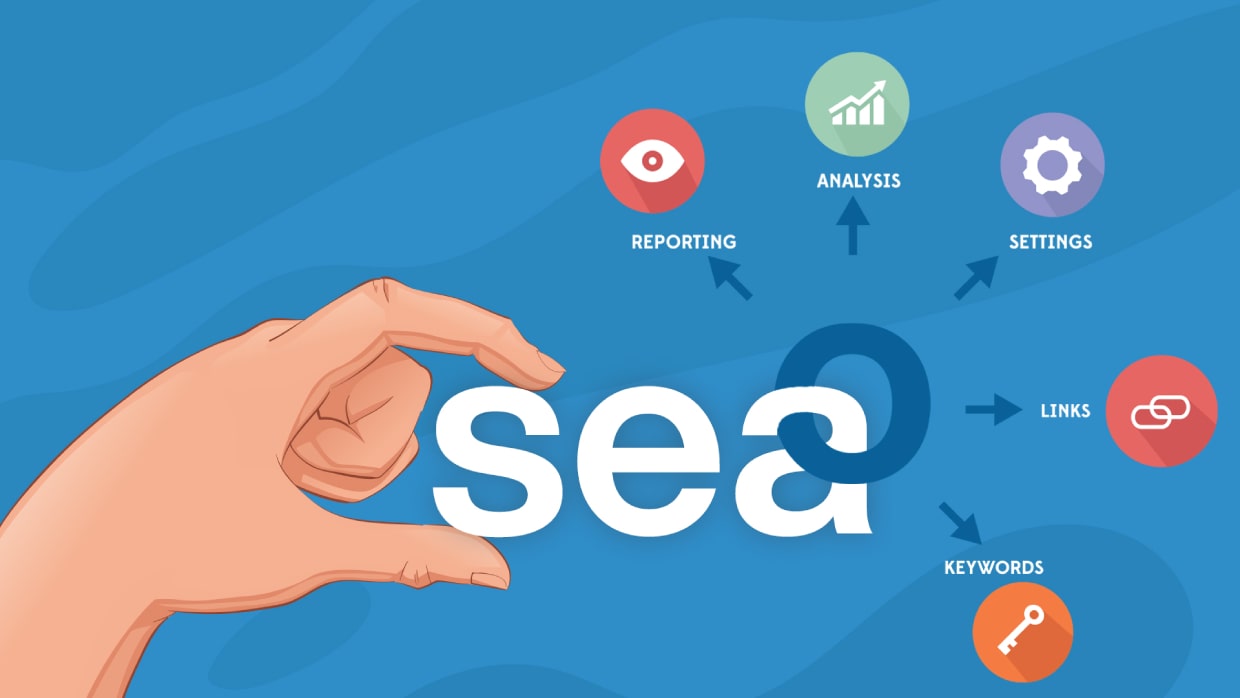Notifications

6 minutes, 3 seconds
-19 Views 0 Comments 0 Likes 0 Reviews

Artificial intelligence has revolutionized many aspects of digital marketing, and Search Engine Advertising (SEA) is no exception. AI-powered bidding strategies, often referred to as Smart Bidding, leverage machine learning to optimize bids in real time. These technologies analyze vast amounts of data—such as user behavior, device type, location, time of day, and past conversion patterns—to make highly informed bidding decisions. This approach goes far beyond manual bidding, enabling advertisers to maximize conversions, improve return on investment (ROI), and save time on campaign management.
At its core, AI-powered bidding uses predictive algorithms to forecast the likelihood of a conversion for each auction. Unlike traditional bidding, which relies on static bids set by marketers, AI dynamically adjusts bids for every search query based on hundreds of signals. For example, if the algorithm detects that a user searching at a particular time and location is more likely to convert, it will increase the bid accordingly. Conversely, it lowers bids when the likelihood of conversion is low. This granular, context-aware bidding ensures that ad spend is allocated efficiently and effectively.
Google Ads offers several AI-driven bidding strategies tailored to different campaign goals. “Maximize Conversions” aims to get the highest number of conversions within your budget. “Target CPA” (Cost Per Acquisition) focuses on achieving conversions at a specific cost. “Target ROAS” (Return on Ad Spend) optimizes bids to maximize revenue relative to ad spend. Other strategies like “Maximize Clicks” prioritize traffic volume, while “Enhanced CPC” adjusts manual bids using AI insights. Choosing the right strategy depends on your business objectives, whether that’s generating leads, driving sales, or increasing brand awareness.
AI-powered bidding democratizes access to sophisticated advertising tactics, making them accessible even to small and medium-sized enterprises (SMEs). These businesses often lack the resources for constant manual bid adjustments or deep data analysis. With Smart Bidding, AI handles complex optimization automatically, allowing SMEs to compete effectively with larger companies. This technology not only improves campaign performance but also reduces the time and expertise required to manage SEA campaigns, enabling smaller advertisers to focus on other aspects of their business.
While AI bidding offers many advantages, it is not a set-it-and-forget-it solution. Success depends on accurate conversion tracking and sufficient historical data for the algorithms to learn from. New campaigns or those with limited data may experience a learning phase where performance fluctuates. Additionally, frequent changes to campaign settings can disrupt the AI’s learning process. Advertisers should monitor campaigns regularly, provide clear goals, and allow time for the AI to optimize. Understanding these nuances helps marketers avoid common pitfalls and maximize the benefits of AI bidding.
AI in SEA bidding continues to evolve rapidly. Future developments include even more granular targeting based on real-time user intent, integration with offline data for omnichannel attribution, and improved predictive capabilities that anticipate market trends. Advances in natural language processing and voice search are also influencing bidding strategies, enabling more personalized ad delivery. As AI algorithms become smarter and more transparent, advertisers will gain greater control and insight into how bids are set, further enhancing campaign effectiveness.

To get the most from AI-powered bidding, start by defining clear, measurable goals aligned with your business objectives. Ensure your conversion tracking is robust and accurate, as this data is the foundation for AI learning. Choose a bidding strategy that matches your goals, and avoid frequent changes to allow the AI to stabilize. Combine AI bidding with well-structured campaigns, relevant ad copy, and optimized landing pages to maximize conversions. Lastly, regularly review performance reports and use experiments to test different strategies, ensuring continuous improvement.
AI-powered bidding strategies represent a significant leap forward in SEA, offering advertisers the ability to optimize bids with precision and efficiency beyond human capabilities. By embracing these technologies, businesses can improve campaign outcomes, reduce wasted spend, and focus on strategic growth. However, success requires understanding the technology, setting clear goals, and maintaining active campaign management. As AI continues to advance, it will remain a critical tool for marketers seeking to unlock the full potential of paid search advertising.

